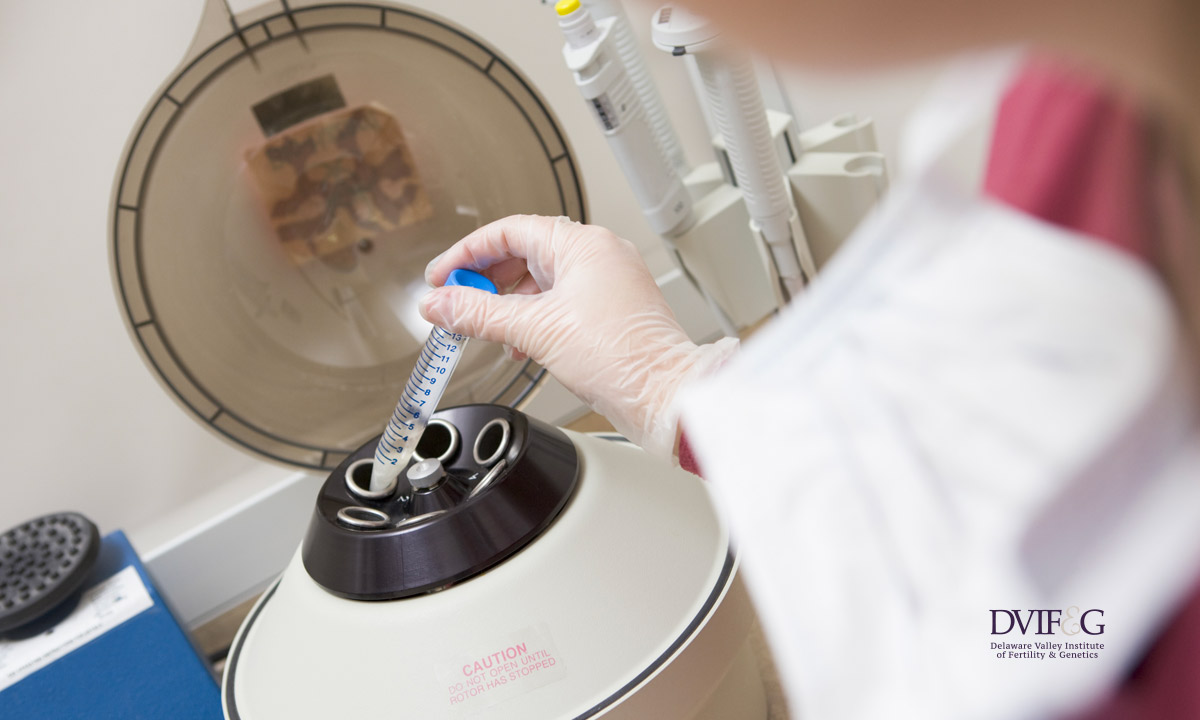Every year the American Society of Reproductive Medicine (ASRM) analyzes the data submitted from all participating fertility practices from coast to coast and provides a report on the findings and the prevailing trends. In 2018 there were 8,200 more cases of Assisted Reproductive technology or a 7 % increase in cases from last year. In addition, the vast majority of the cases, 90%, were singleton. This was due to elective singleton embryo transfer (eSET) in at least 2/3rds of the cases.
At DVIFG we advocate eSET since it safeguards the wellbeing of the pregnancy and the fetus. We are reporting similar rates of eSET 79% for women younger than 35 years of age and a pregnancy rate of live birth rate per retrieval of 50.4 %. Eighty-four percent (84%) of those pregnancies were singleton and the overall singleton pregnancy rate for all age was 78 %. These results and the high pregnancy rate were achieved without subjecting the vast majority of transferred embryos to biopsy, preimplantation genetic testing (PGT). Our PGT rate is only 4 %, the national average is 22%. Some other practices subject 54 % of the embryos to biopsy in order to achieve similar results.
